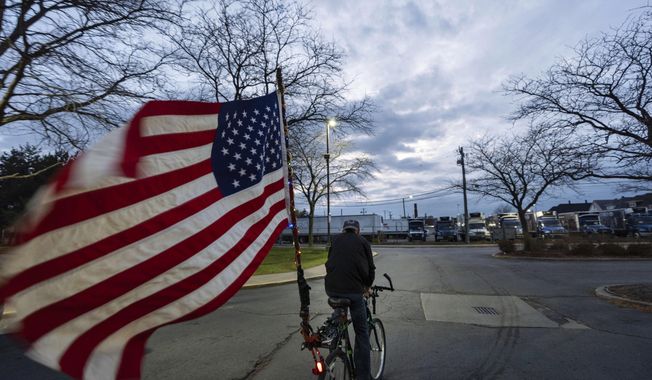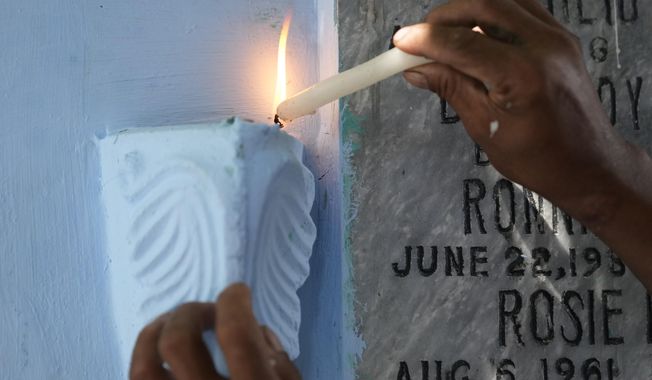
FILE - In this July 8, 2016, file photo, a Dallas police officer, who did not want to be identified, takes a moment as she guards an intersection in the early morning after a shooting in downtown Dallas. Only hours after the ambush that killed five Dallas law enforcement officers July 7, 2016, mental health experts began thinking ahead, searching for ways to ease the long-term effects of the attack on the men and women who patrol the nation’s ninth-largest city. A year later, Dallas officers are still grieving, but scores of them have received or are on track to receive specialized training in “mindfulness” and other stress-management techniques that aim to teach police how to better understand and control their emotions, both on and off the job. (AP Photo/LM Otero, File)
Featured Photo Galleries

Trump Transition: Here are the people Trump has picked for key positions so far
President-elect Donald Trump has announced a flurry of picks for his incoming administration. Get full coverage of the Trump transition from The Washingon Times.

Trump dances onstage, takes post-election nation by storm
President-elect Trump dances onstage












